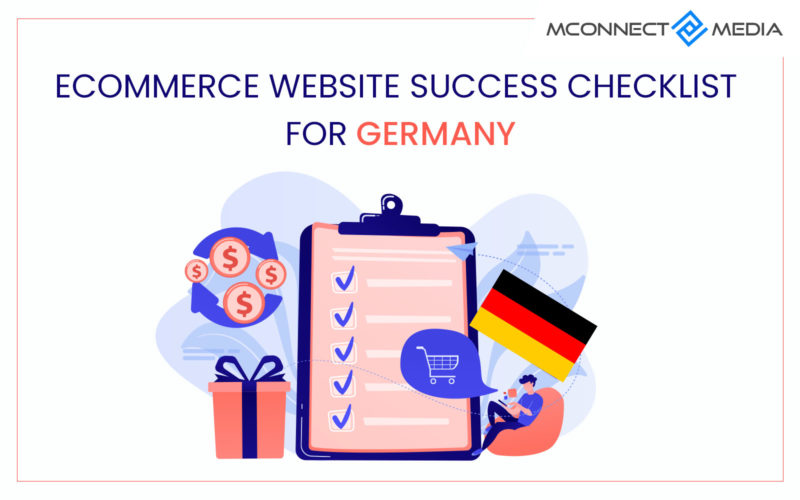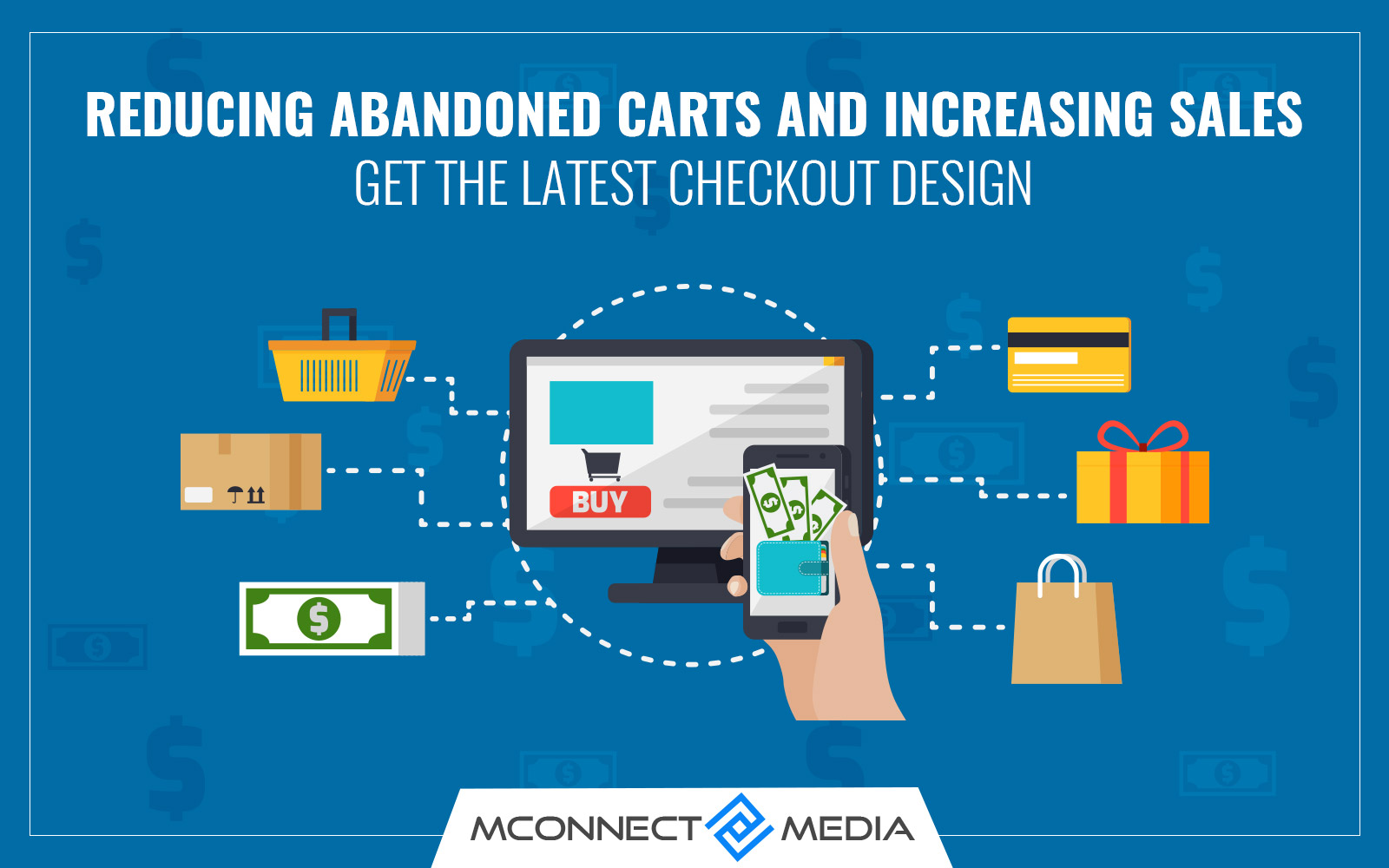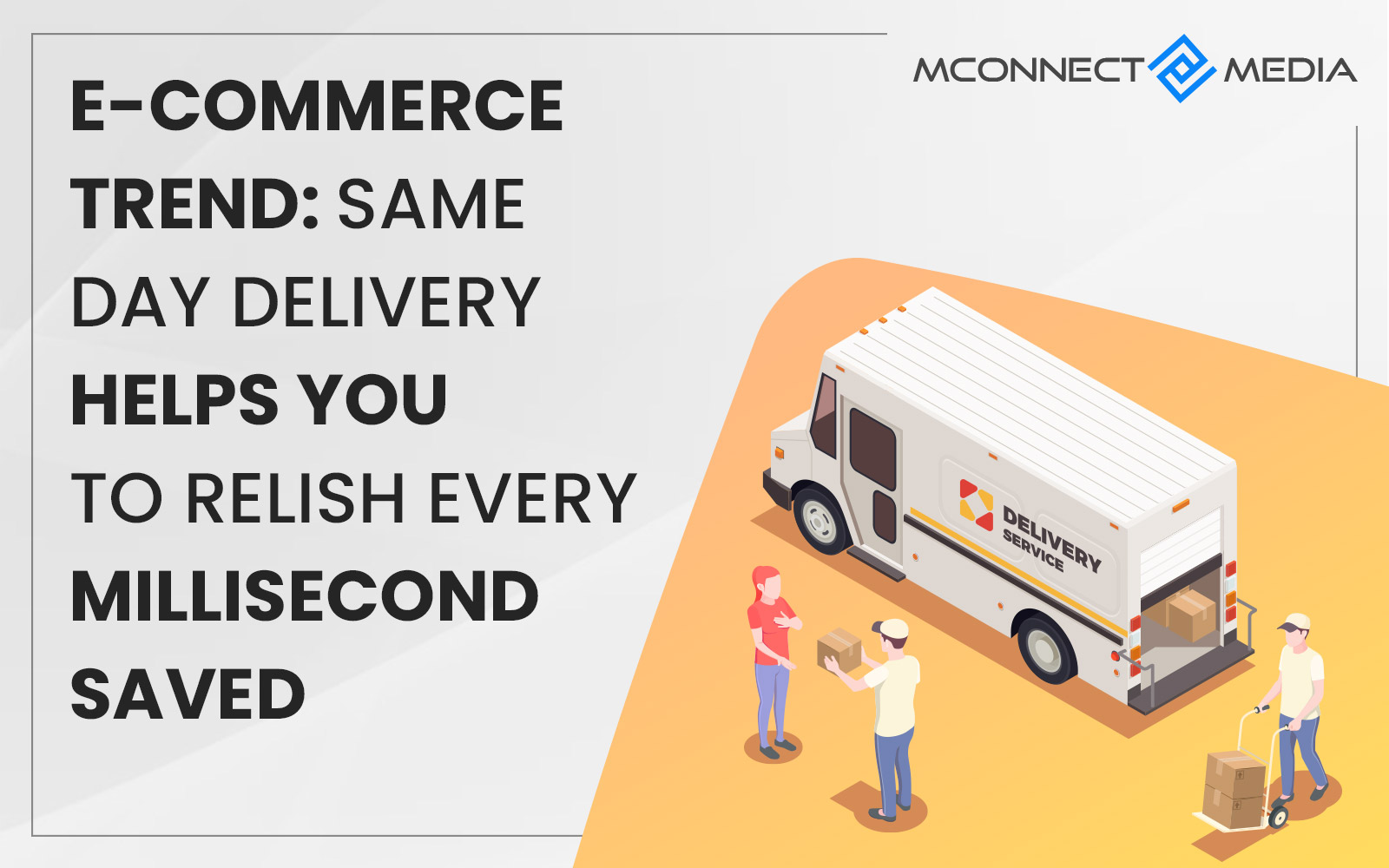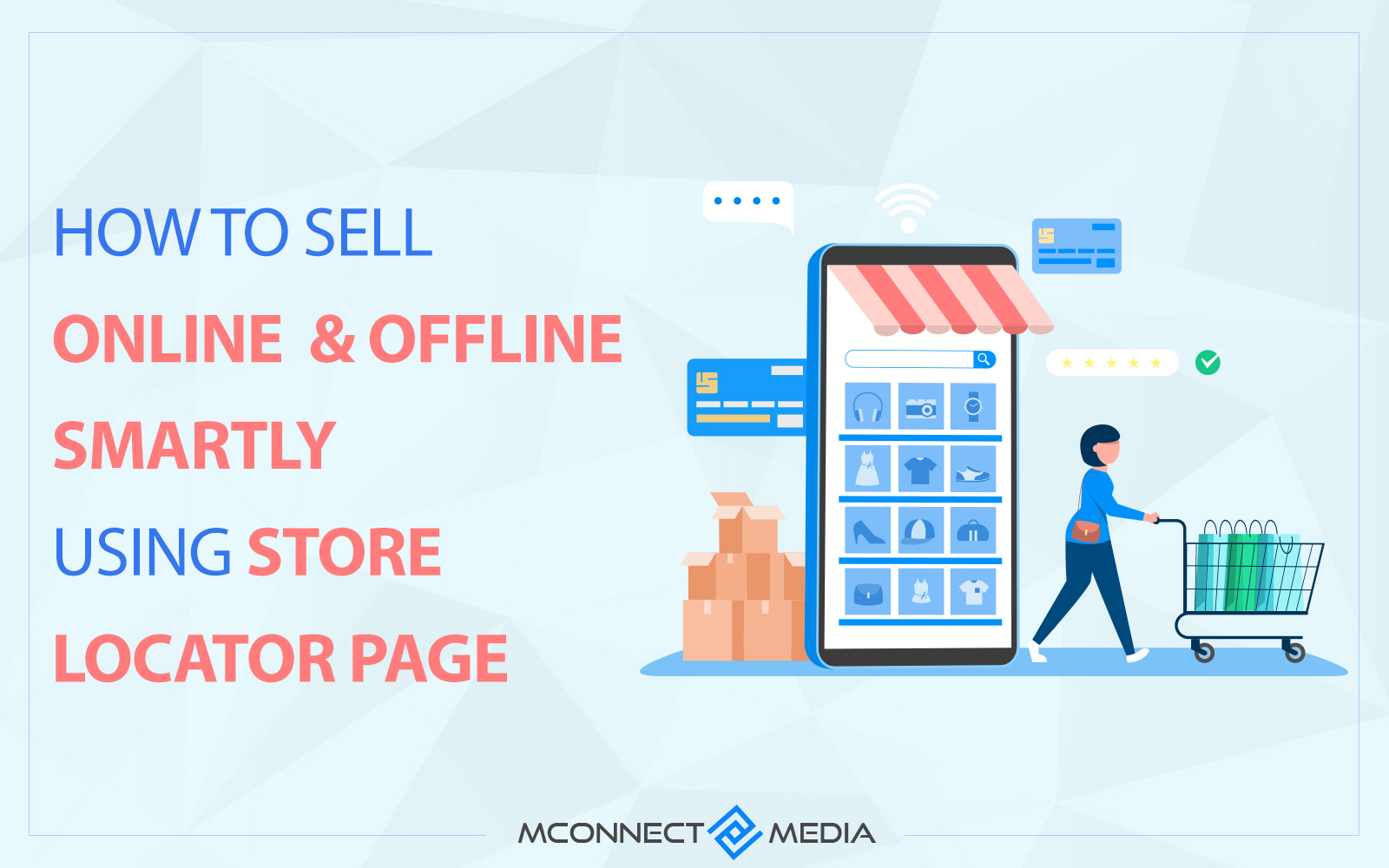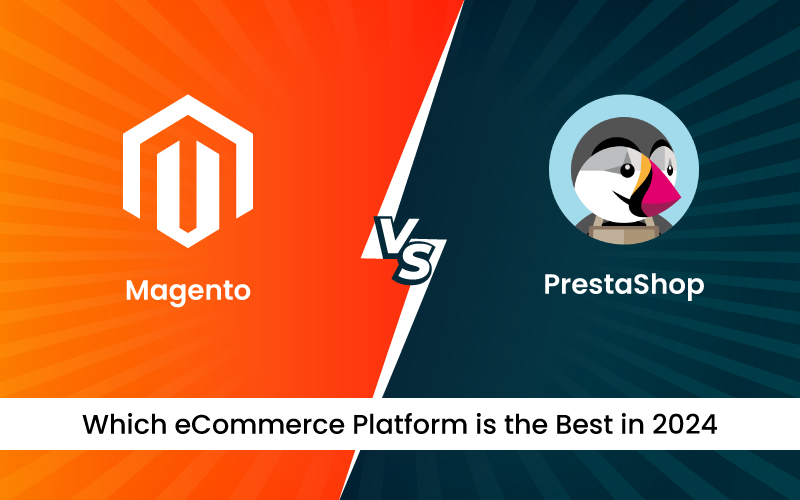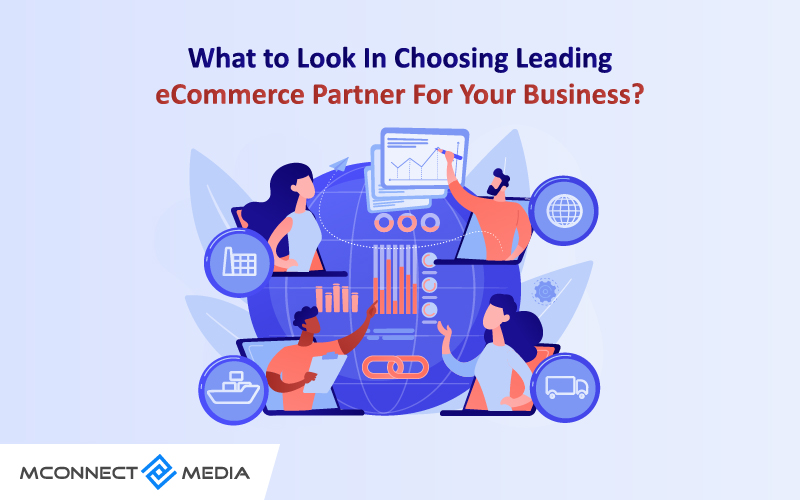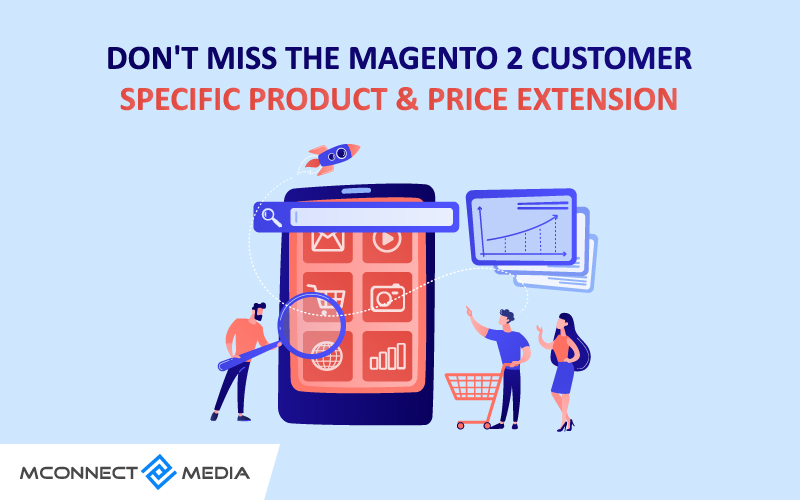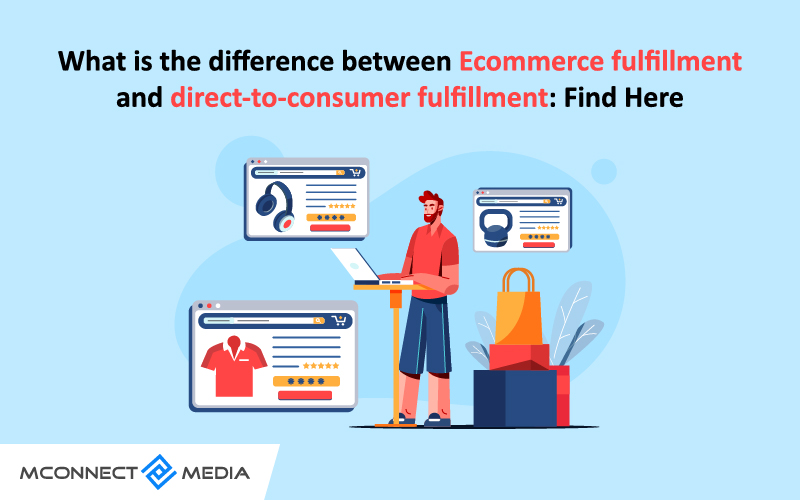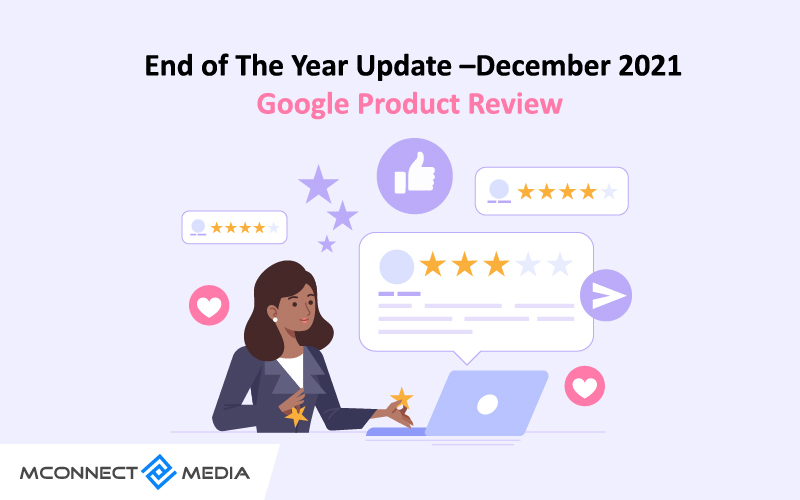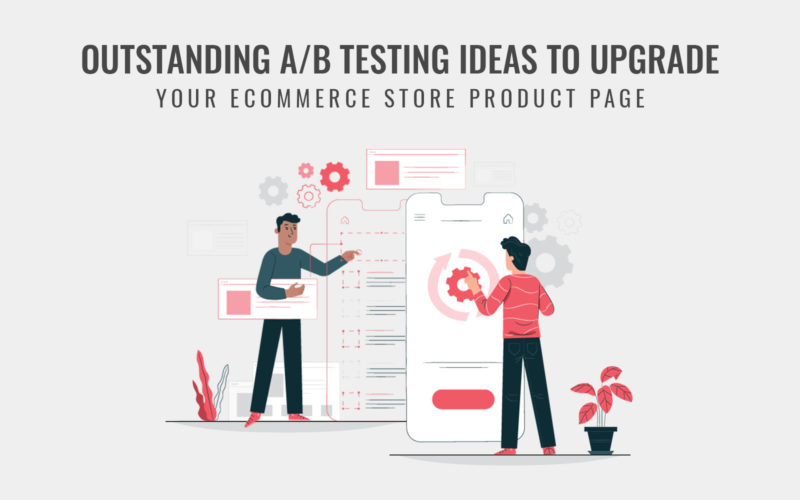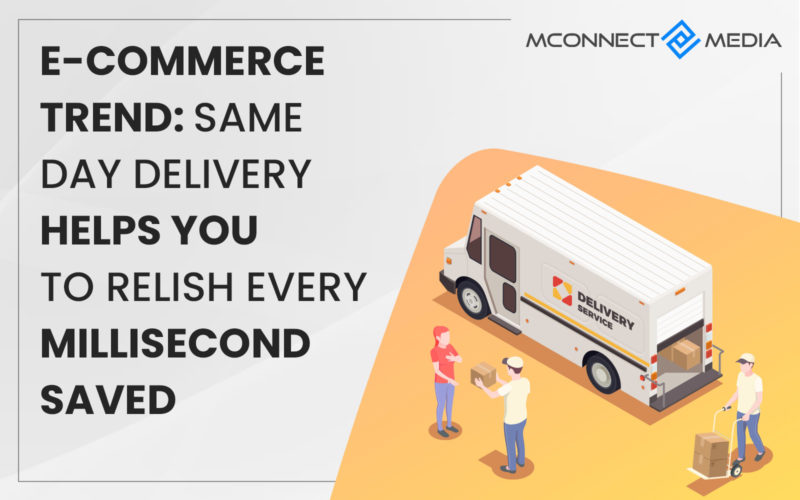Germany is the fifth largest eCommerce market around the world and the second-largest in Europe after the United Kingdom. This means the country has a lot to offer to those who want to start their eCommerce business & be successful in it. Germens have a well-established habit of shopping online, which makes it easier for online retailers to reach those online shoppers with attractive propositions.
Germany is an economic powerhouse at the heart of Europe presenting a massive opportunity for new entrepreneurs. However, starting a new business that too in a new place is going to be a tough thing. There are things to contemplate before starting a successful eCommerce website in Germany. Therefore, we have come up with a checklist to ease your work of starting an online business.
Ecommerce Website Success Checklist for Germany
Having smart and tech-savvy buyers that are well-acquainted with online shopping, Germany enjoys being one of the largest eCommerce markets. This also means the competition in Germany is too stiff and businesses have to go through & survive in this fierce competition. This can be hard but not if you follow the below checklist. So, without further ado, let’s get going.
1. Market Research
Before starting any business in any new place like Germany, it’s essential to do thorough market research. Doing research beforehand helps you understand the market, what things are trending, who are your competitors, who are your target audience, etc. While researching, you should also look for effective platforms that render optimum results for your marketing & brand promotion efforts.
Another thing to research is how your competitors are sustaining, what things they are doing good and how you can do them better. Also, find what things they are bad at or ineffective and how you can turn that around to gain a substantial position in the market. It’s always better to divide your market research into two parts: industry trends and competitor research.
2. Physical Brick Mortar Store
Trust is the most valuable asset that the vast majority of German online shoppers consider before buying anything. They will most likely refrain themselves buying products from unknown foreign entities. Moreover, several businesses have found that having a physical brick mortar store helps them sustain in the German market. This way, you can pose your business as an authentic business for customers to trust you.
Along with a physical presence, secure a localized Top Level Domain with .de for your business. Doing so is strongly recommended as this implies you have German residency from the start. Moreover, it is necessary to have a physical local address for acquiring a .de domain. You can go for other more specific TLDs like .berlin, and others, however, having a location-specific URL can be detrimental for your business to reach a wider audience.
3. Buying Behavior of Germans
Typical German shoppers are aged 30 to 40 and live in urban areas. Also, there’s a difference between shoppers from West and East Germany. This is due to the cultural and historic difference that has to do with World war II.
The Eastern region of Germany has higher unemployment rates and lower incomes. That impacts greatly on the buying behaviors of shoppers from that region. So, new entrepreneurs should accommodate these differences and mold their offerings to suit buyers from all the German Regions.
Furthermore, Germans are more private when it comes to buying online than Britain shoppers. They have a lower level of trust and are more security-oriented. For Germans, trust, security, loyalty, familiarity, and quality are the core values and favor localized retailers over their international counterparts. This is something business owners should pay attention to while starting up their eCommerce website in Germany.
4. Website Localization
Even though over half of the Germans understand English, it would be better if you launched your website into the local German language. Website & content localization should be on your priority list while developing your eCommerce website. Because even though Germans understand & can shop in English, it doesn’t mean that they want to or are comfortable in doing so.
Also, as mentioned, Germans have trust issues, which is why they won’t prefer to buy from an unknown website that’s not presented in German. An English-based eCommerce website would struggle to do business in Germany than its counterpart which is totally based on the German Language. Also, just translating your website word-to-word may not be sufficient. Therefore, you must go for the localization of your website and the content on it.
5. Payment Methods
Payments in Germany works differently than in America, where most people use credit cards very often. But in Germany, online shoppers don’t use credit cards that often. Also, online payment services like PayPal aren’t used that much by Germans. The most used payment method in Germany is still the open invoice. Here, customers like to receive the item first, see if they like it or not, and then only pay for it or return the item.
Thus, for running an online business in Germany, you would have to offer different payment methods. Incorporate an open invoice method along with credit/debit cards and PayPal for providing a smooth payment experience to your customers.
6. Delivery & Shipping
Germany has a well-developed infrastructure to handle the online orders and logistic needs of business owners. There is a local privatized mailing service called Deutsche Post one of the largest national mailing services. And DHL, the subsidiary of Deutsche plays a vital role in shipping & logistics in the European market.
Most Germans prefer the home delivery option for their orders, however, more and more consumers are adopting delivery alternatives like click & collect, delivery to pick up points, and others. So, integrating such delivery alternatives could potentially help boost your sales and conversions.
Another thing to consider for a successful eCommerce shipping & selling strategy is handling a high percentage of returns. While offering free returns may be hard while starting up, but it is essential to have it incorporated for a great user experience.
7. Privacy Policy
If you are doing business in any European Country including Germany, you are required to follow GDPR regulations. Once you have customers’ information like their address, email ID, payment information such as bank details or debit cards, you become the data controller for your customers.
Thus, the General Data Protection Regulations (GDPR) apply to your business. So, you’ll have to make your Privacy Policy in accordance with those regulations.
Conclusion
In the end, we want to say that it might be competitive and demanding to start an eCommerce website in Germany, the country, however, pose a great opportunity for online retailers. By doing proper research, knowing the market, analyzing your competitors, and finding your target audience, you are well off to start your successful eCommerce website in Germany. And this article perfectly delves deep into the checklist for a successful eCommerce business.
Want to develop your own eCommerce website? M-Connect Media offers a flamboyant eCommerce development service. The apt team of developers at M-Connect Media has ironclad proficiency to provide immaculate solutions. Contact us now to discuss things further and kick start your development project with us.


